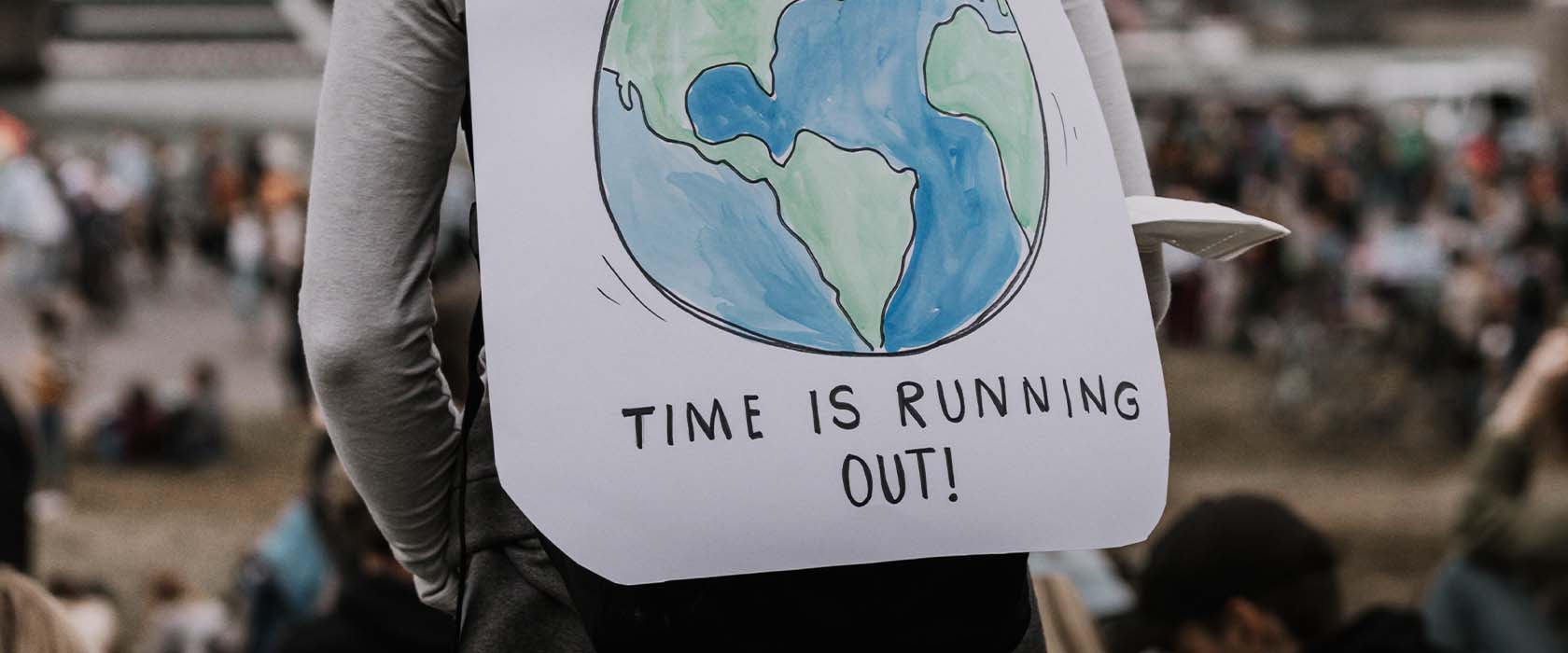EDHEC: A pathway to a career in international development
Inspired by a desire to make a difference, EDHEC alumna Pauline Bommier pursued an MSc degree in climate Change and Sustainable Finance. Now working for the World Bank and based in the Ivory Coast, the lessons learned from her master’s degree have opened up an enriching career in international development.









